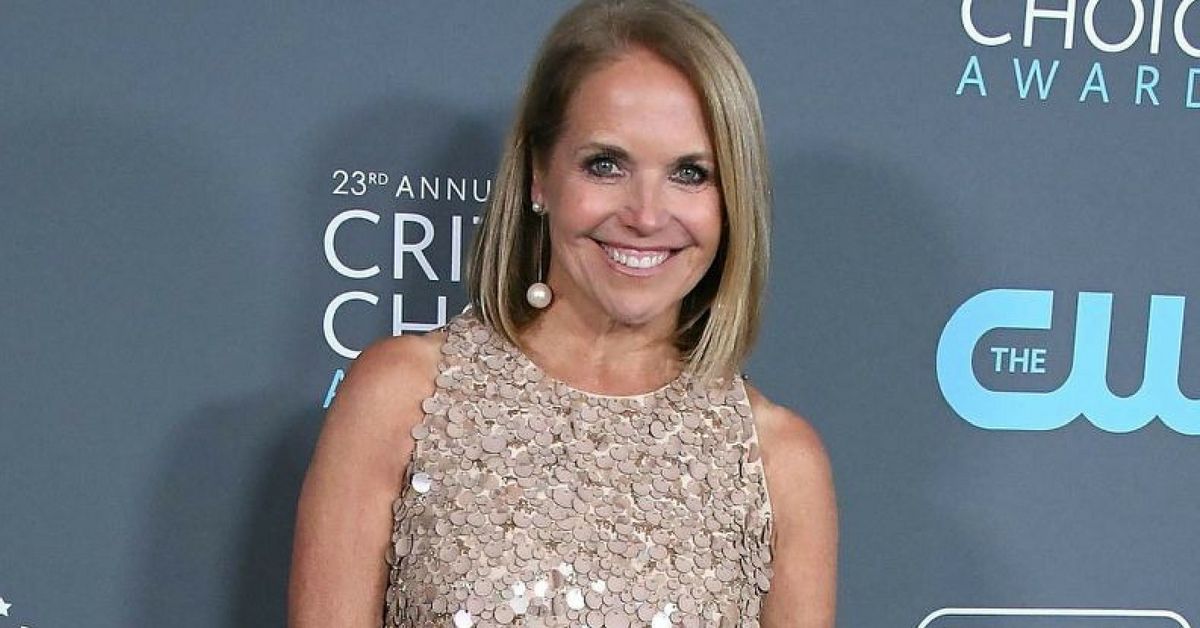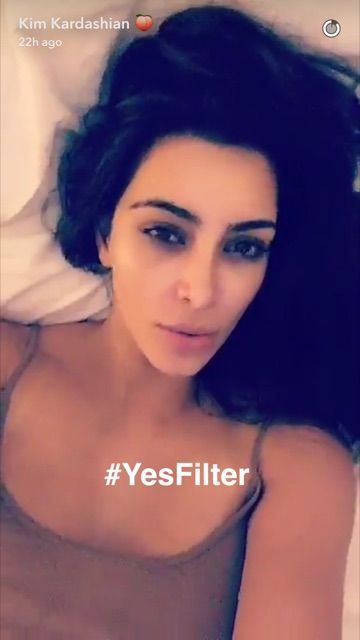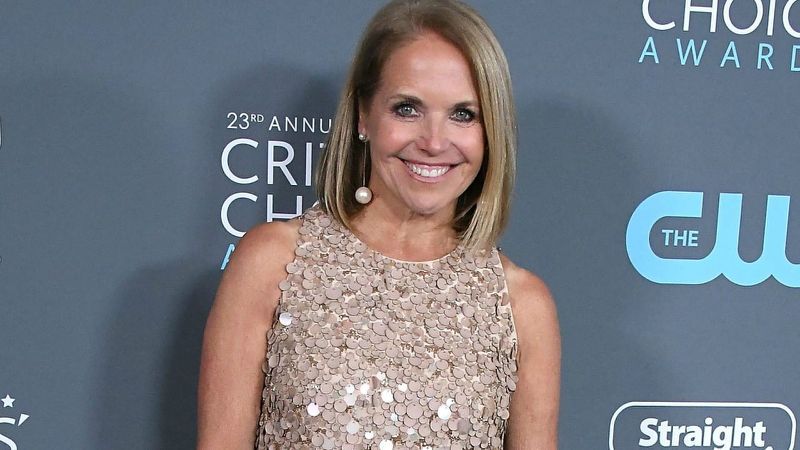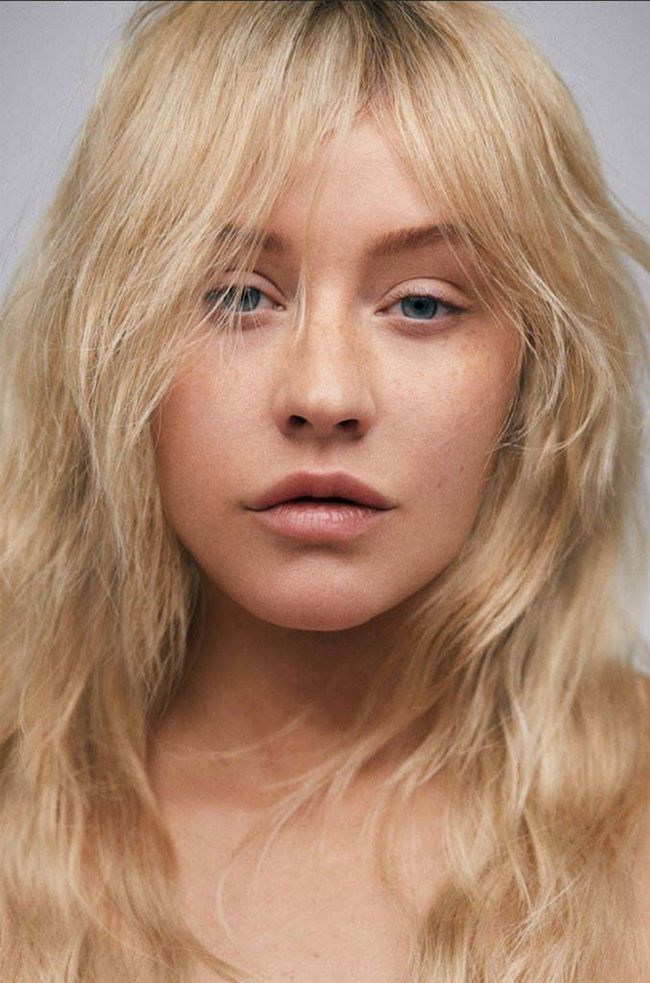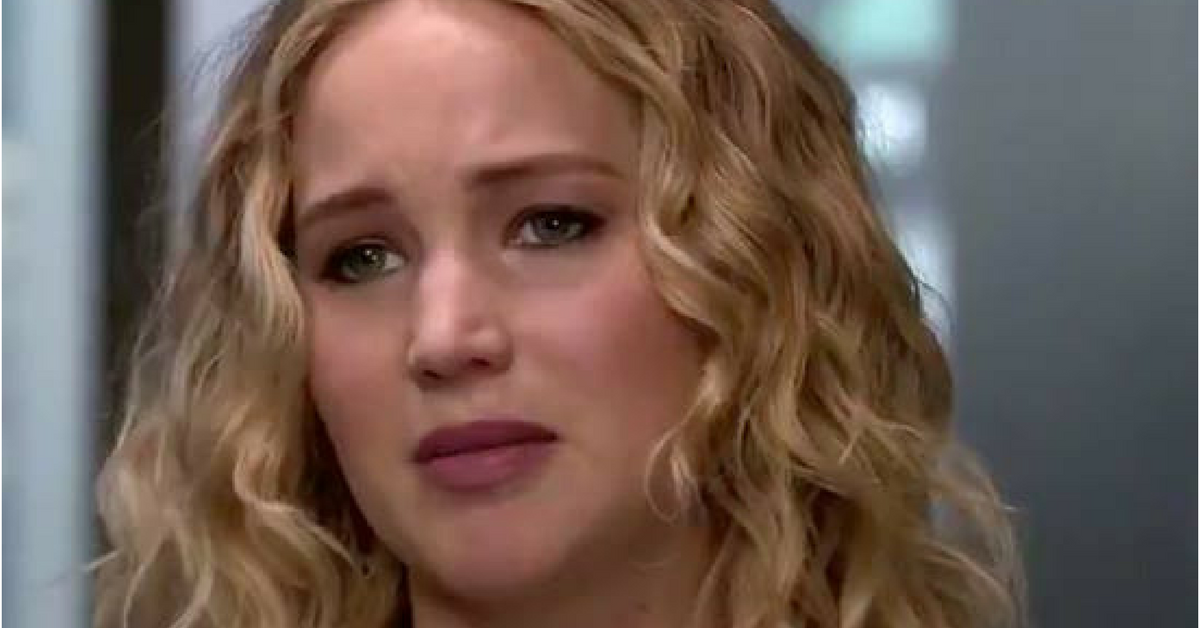When Snapchat launched in 2011, no one could've predicted that the app would revolutionize the way people take selfies.
The photo and video-sharing app introduced filters that turn people into flawless versions of themselves or fun characters.
It wasn't long before users, including celebrities like Kim Kardashian, started posting these filtered photos on other platforms like Facebook, Twitter and Instagram. But as they say, too much of a good thing can be bad, and the Snapchat filter trend has taken a bizarre turn.
The Journal of the American Medical Association (JAMA) recently published an article in which it is revealed that more and more people have been seeking plastic surgery to look like the filtered versions of themselves.
Dubbed "Snapchat dysmorphia," researchers from Boston University School of Medicine's Department of Dermatology wrote that people have been requesting bigger eyes, thinner nose, and fuller lips.
"This is an alarming trend because those filtered selfies often present an unattainable look and are blurring the line of reality and fantasy for these patients," wrote the researchers. "Now, it is not just celebrities propagating beauty standards: it is a classmate, a coworker, or a friend. The pervasiveness of these filtered images can take a toll on one's self esteem, make one feel inadequate for not looking a certain way in the real world, and may even act as a trigger and lead to body dysmorphic disorder (BDD)."
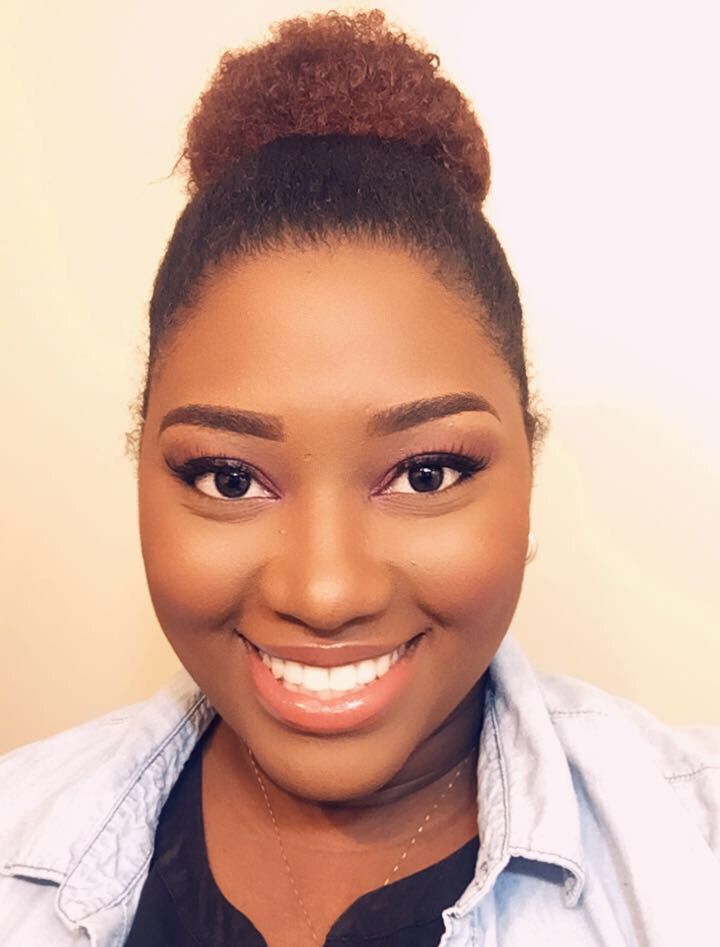
The article went viral quickly, and many people are taking stand against Snapchat dysmorphia by sharing makeup-free photos of themselves.
Katie Couric is one of the first celebrities to speak out about the disturbing trend by posting a selfie while laying sick in bed without any makeup or filters on her face.
"An article in the latest issue of JAMA says plastic surgeons are increasingly getting requests to make people look as good as they do in their selfies after they edit them," Couric wrote in the caption. "Researchers call it "˜Snapchat dysmorphia' and they say it is having a negative impact on self esteem and can even trigger body dysmorphic disorder, which is classified as a mental illness."
She added, "Clearly, I am bucking that trend. I also have a terrible sore throat. #happymonday."
The 61-year-old journalist's followers applauded her for being real and "a great role model" for women everywhere.
"Katie - I like that you are not afraid to "be real" , and let people see you when you're Not made up. You Show yourself looking tired, not feeling well, etc. A Down To Earth Woman 😊, who happens to be well known by millions ðŸ‘," wrote one fan.
"Love your positive attitude," commented a user while another wrote, "Yes! We need more of your honest, authentic and unabashed truth on social media. Thank you Katie you are so wise."
Couric's selfie is important because she touched on the issue of Snapchat dysmorphia, but she is far from the first celebrity who shared a natural selfie to empower other women.
Just last month, co-stars-turned-friends Cameron Diaz and Drew Barrymore created quite the buzz when their went makeup-free for a selfie they took together.
"We'd just come from a workout. We feel good. We're not wearing any makeup and we're just girls being ourselves. And sometimes all makeup and beauty fun aside, it's just about the raw, honest, post workout look, you know? Just be you," Drew told People in an exclusive interview.
Singer Christina Aguilera has also ditched her signature red lip and dark eye liner, and went totally bare-faced for her Paper magazine spread earlier this year.
In the accompanying interview, Aguilera opens up about her decision to go makeup-free for the whole world to see.
"I've always been someone that obviously loves to experiment, loves theatrics, loves to create a storyline and play a character in a video or through stage," she told Paper. "I'm a performer, that's who I am by nature. But I'm at the place, even musically, where it's a liberating feeling to be able to strip it all back and appreciate who you are and your raw beauty."
While these celebrities are fighting society's unrealistic body standards, there are some experts, like Manhattan-based plastic surgeon Dr. Daniel Maman, who think people's desire to resemble their favorite Snapchat filter is not necessarily a bad thing.
Dr. Maman told People that he thinks this is a move in the "right direction" because people trying to look like a better version of themselves is better than attempting to look like a deceivingly flawless celebrity.
"It's shifting patients in the right direction where they're more self-aware and they're also presenting us with pictures that are more realistic, because they're of themselves, as opposed to celebrity photos," Dr. Maman said.
Do you think Snapchat is to blame for this "alarming" trend? Let us know your thoughts!
